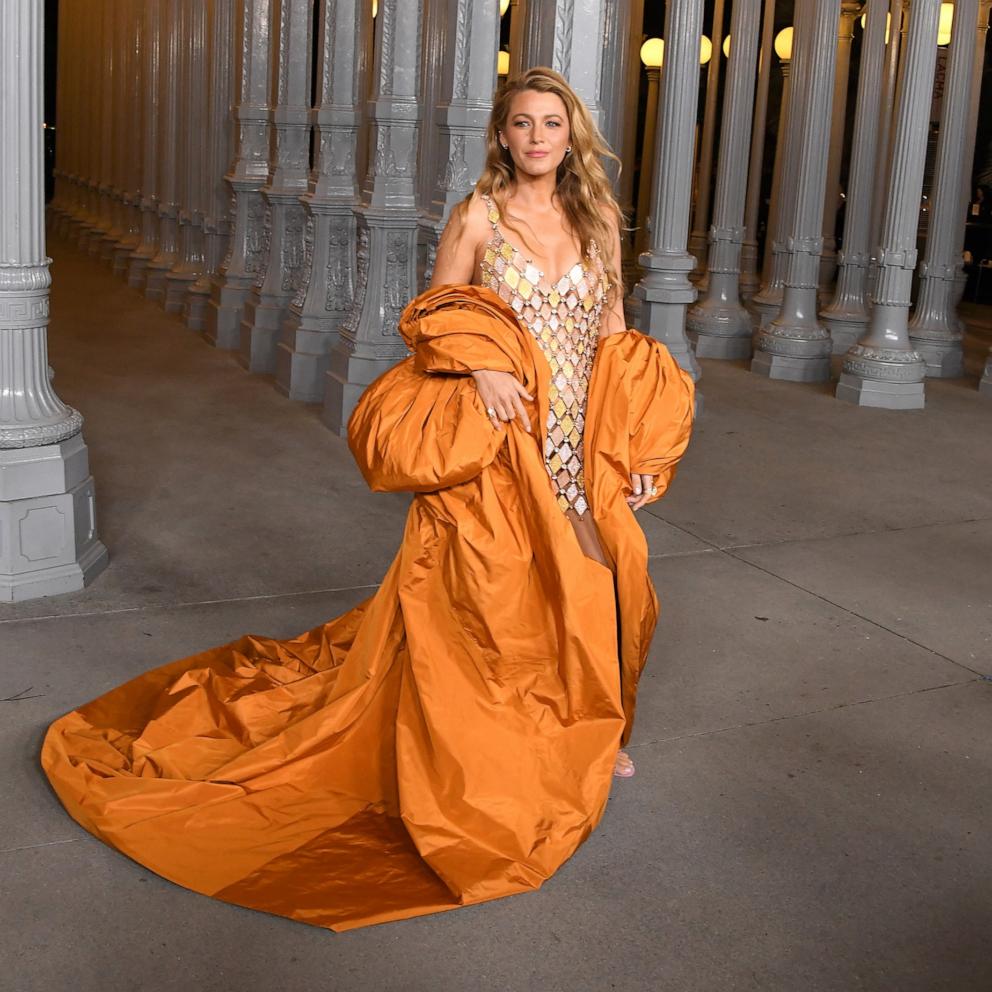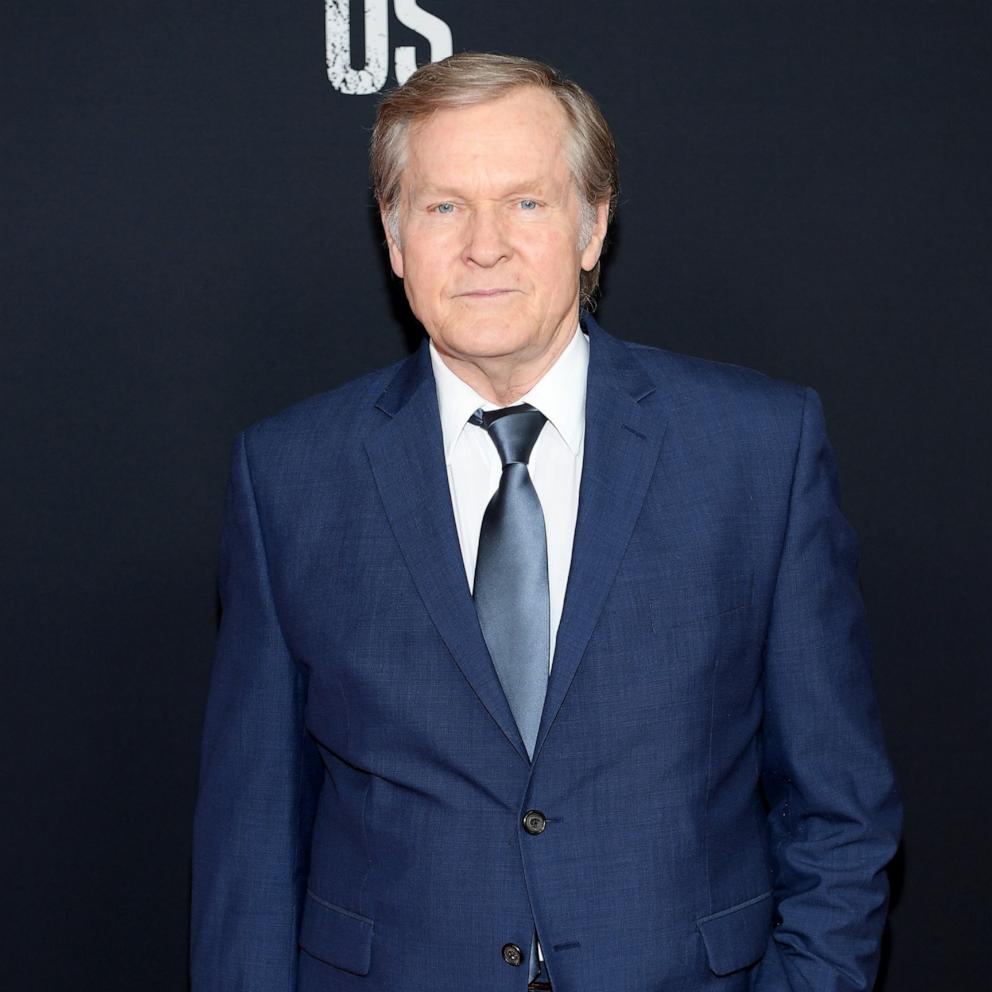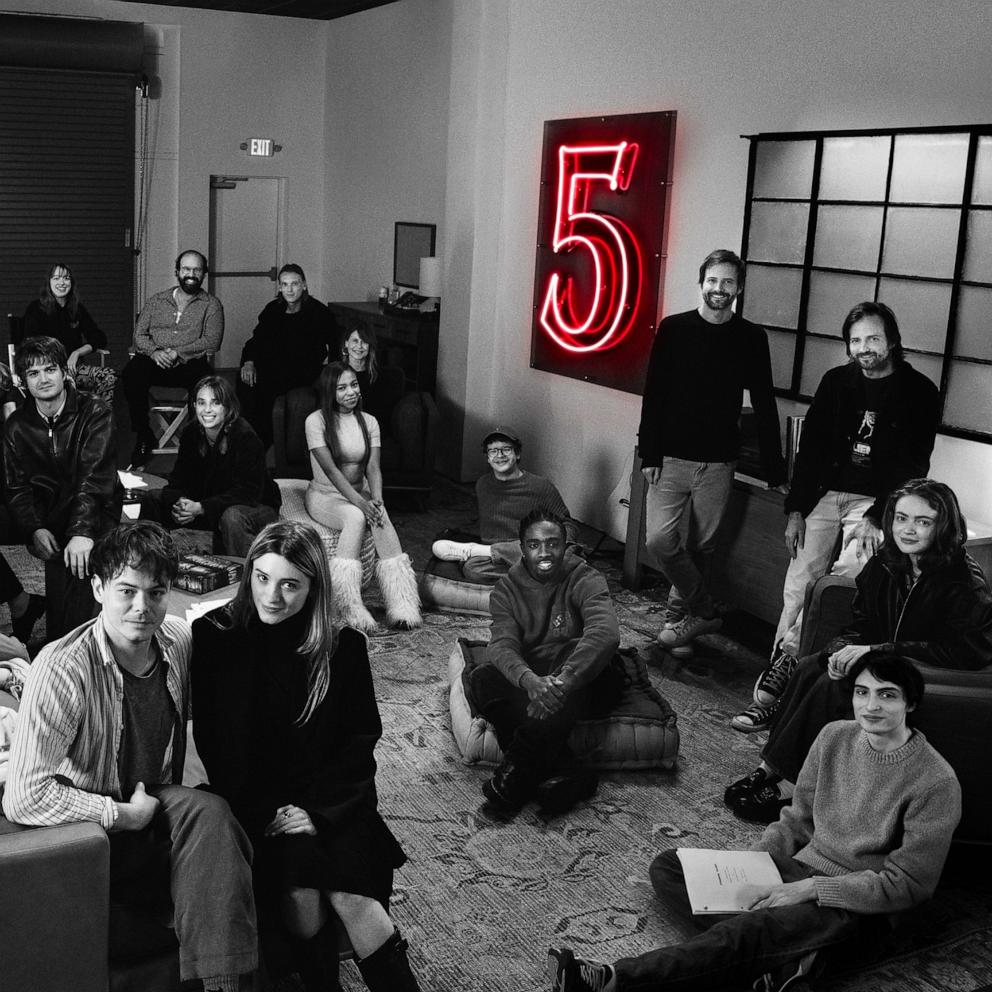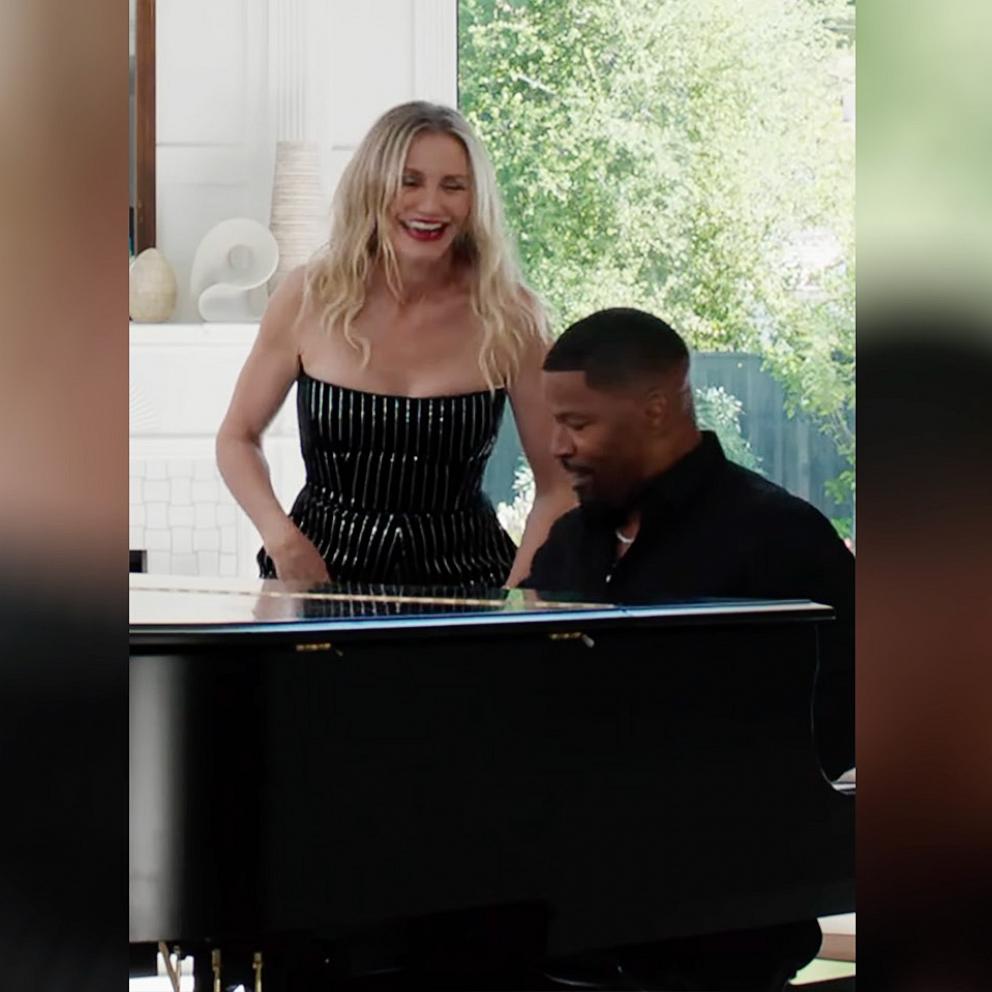Will.i.am calls for the protection of Black art amid Young Thug trial: 'We're really in a trap'
As music industry leaders rally against the use of rap lyrics as evidence in court, musician Will.i.am is lending his voice to the Protect Black Art movement and speaking out about the controversial trial of rapper Young Thug.
The seven-time Grammy award winner and Black Eyed Peas frontman, whose music blends the genres of pop, hip-hop and R&B, spoke out about freedom of expression in music in an interview with "Rap Trap: Hip-Hop on Trial," an ABC Studios documentary that is set to air on Hulu on Feb. 23.
"We're really in a trap," Will.i.am said.
"I'm here supporting people's freedom to create fantasies, no matter how dark they are or how sunrise they are. In the hood, these fantasy compositions, this entertainment... our art is our art," he added.
Although the scope of Young Thug indictment goes far beyond the lyrics, the use of lyrics in the Grammy-winning rapper's RICO case spotlighted the controversial practice and sparked a movement in the music community called Protect Black Art.
The movement, which started out a petition, was launched by Kevin Liles, the CEO of 300 Entertainment -- the home of Young Thug's label, Young Stoner Life.
"When everything started to happen around lyrics … it wasn't new. I just put a name to it," Liles said in an interview that is set to air on "Rap Trap."
"Protecting Black art … it was not a moment. It's been a 40-year movement."

Rap lyrics have been used by prosecutors in the U.S. for decades as alleged evidence in criminal cases, helping put rappers behind bars.
Erik Nielson, the co-author of the 2019 book "Rap on Trial," said in an interview that is set to air on "Rap Trap" that his research shows that "no other fictional form, musical or otherwise, is targeted this way in court."
"When you start to introduce someone's fictional creative expression as evidence, you have deeply compromised that person's right to a fair trial," he said.
Young Thug is among 14 defendants awaiting trial in connection to a sweeping RICO indictment in Fulton County, Georgia. He was arrested on gang-related in charges in May 2022 and has pleaded not guilty.
Jury selection began in January and is expected to last for months.
Asked what he thought when he learned that lyrics were used in Young Thug's indictment, Will.i.am said, "I thought of Queen. I thought of a bunch of country songs that also talk about killing people. I thought of movies and films. I thought of a lot of Italian mob stories … I just thought of the hypocrisy and the contradictions to use art against someone."
Pointing to Queen's 1975 classic "Bohemian Rhapsody," in which a man confesses to his mother that he killed another man, Will.i.am said, "for some reason, hip hop doesn't have that creative freedom of expression because now if they say things on the record, they could use it against them."
Since last summer, the movement to Protect Black Art has garnered major support in the music industry, from the top record companies in the world, to the Recording Academy, and lawmakers around the country that introduced federal and state legislation seeking to limit the practice.

Will.i.am said that making music has long given opportunities to young people in the Black community and protecting Black art is about "protecting a path out of poverty, [out] of crime, [out] of injustice."
"Our world is really tough," Will.i.am said. "... I escaped making music, creating fantasies for folks. Fantasies meaning like, you know, five minute escapes. Five minute funks … the lyrical process is a wonderful one."
He said he hopes that efforts to protect Black art will have a lasting impact.
"For the next generation of rappers, urban music as a whole, we should have the same liberties as storytellers telling mob stories, Martin Scorsese. We should have the same freedoms as George Lucas and Quentin Tarantino … [telling] some pretty violent stories," Will.i.am said. "And they were awesome stories, but they're stories."




